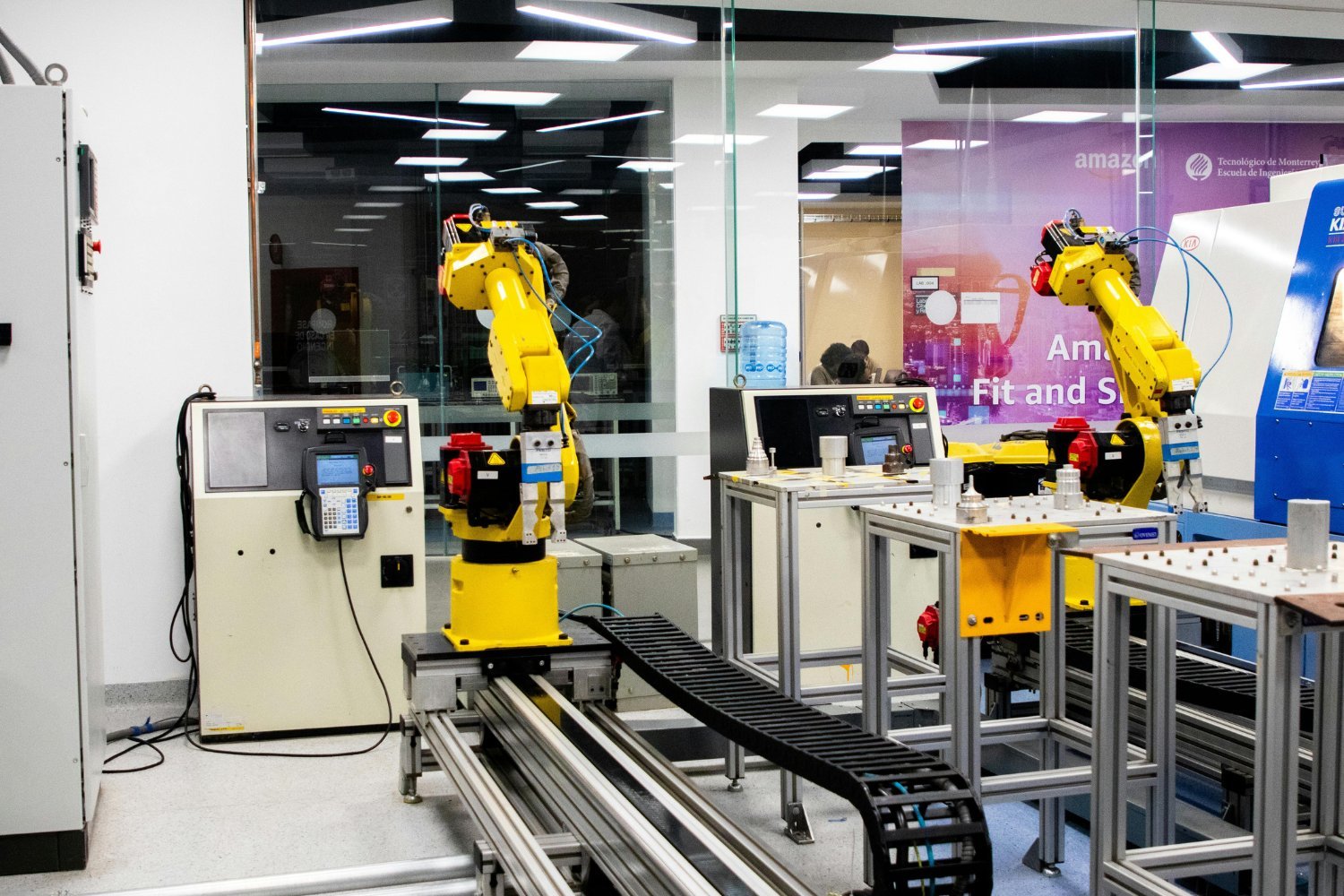Expert Explains: Generative AI Unlocks Job Opportunities, Human Skills Required for Success

The Influence of AI on Businesses and Employment
Not too long ago, AI was seen as a tool exclusive to tech experts. However, with the rise of generative AI, this perception has shifted, making it more accessible across different industries. According to , the key for companies lies not just in adopting the technology, but in knowing how to effectively leverage it to create value.
Will Generative AI Disrupt Employment?

Concerns regarding job displacement due to AI are widespread, but Zemmel argues that historical evidence suggests technology tends to create more jobs than it eliminates. AI holds the promise of streamlining repetitive and bureaucratic tasks, allowing individuals to dedicate their efforts to more innovative and strategic endeavors.
Industries and Sectors Embracing AI
- Banking and High Tech: Swiftly integrating AI agents to automate processes and enhance customer service.
- Retail: Enhancing user experience through personalized recommendations.
- Traditional Industries: Sectors like agriculture and mining are beginning to incorporate AI to boost efficiency.
AI agents, driven by natural language commands, are . Zemmel underscores the importance of empowering employees to craft customized agents, as it can significantly enhance productivity across various levels.
Ethical and Security Challenges
The progression of generative AI also introduces potential risks. From cybersecurity to ethical data utilization, organizations to uphold digital security and trust. Zemmel cautions that mere adherence to regulations is insufficient; companies must proactively establish robust policies to mitigate issues such as biases in models or erroneous outcomes.
Is Spain and Europe Falling Behind in AI Adoption?
While the United States leads in generative AI investments, Europe lags behind. In 2023, the U.S. allocated $23 billion to this technology, whereas Europe only reached $1.7 billion. Despite Spain offering support to SMEs for AI integration, challenges persist in terms of funding and technological advancement.
Zemmel stresses that, to avoid being left behind, companies must concentrate on successful case studies and glean insights from those already implementing AI with favorable results. The opportunity is within grasp, but seizing it fully demands dedication and foresight.




